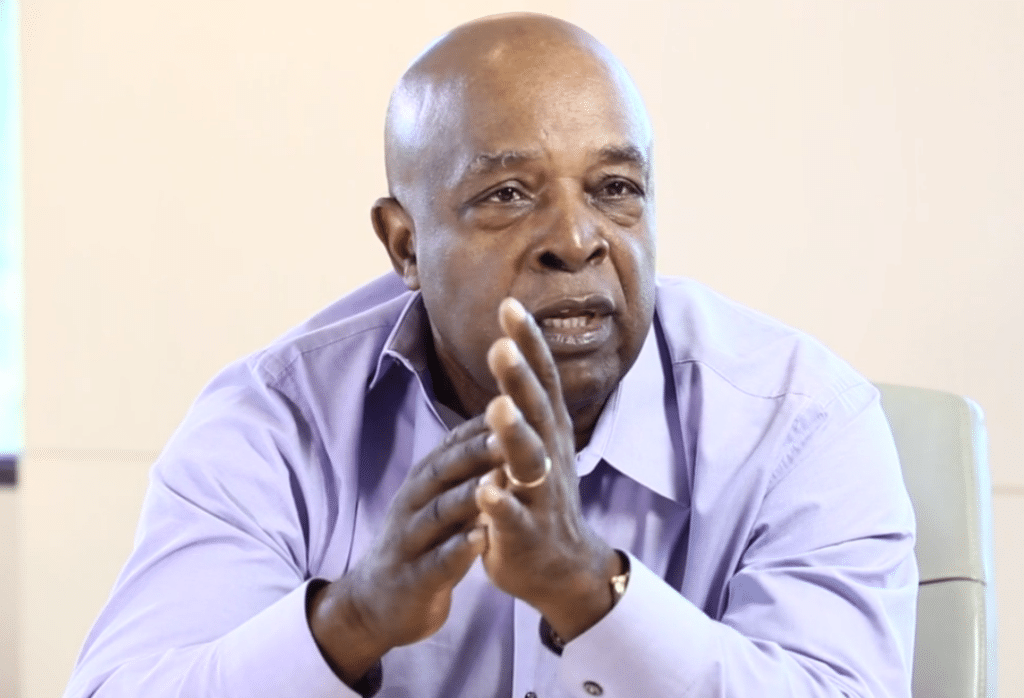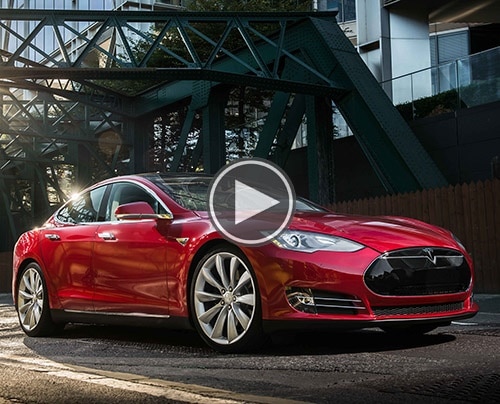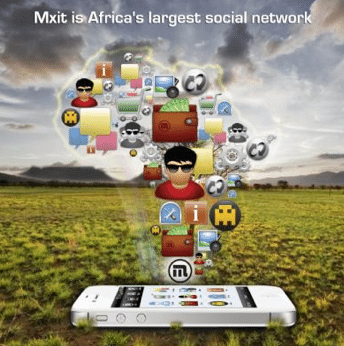Technology pioneer Ken Coleman has earned an MBA, worked in the technology space since the ’70s and has held several leadership roles at Silicon Graphics.
Despite such an impressive resume, Coleman knows none of that really matters when it comes to racial profiling by police and racial bias in the industry.
There is a common misconception that if African-Americans simply “pull themselves up by their bootstraps,” they can overcome racism completely.
Coleman knows that’s not true.
If anyone has worked hard and managed to reach incredible feats despite racism in America, it’s Coleman; but that hasn’t changed how others perceive him.
During an interview with USA Today, Coleman revealed that when he gets pulled over by police officers he is very well aware that to them he is just another Black man – and that puts him in a dangerous position.
“When I’m stopped, I want to say, ‘I’m not what you think, I’ve got an MBA, I live in Los Altos Hills, I own a home in Maui,’ ” Coleman said. “I want to say that because I know through experience that person might have an image of what I might be and view me as dangerous. And to not feel that way would be foolish.”
Some people may look at all the things Coleman has managed to accomplish and believe he serves as living proof that there is no real diversity issue or racial bias in the technology space.
Once again, Coleman knows that’s not the case.
While he certainly boasts an incredibly impressive resume, Coleman asked a very important question during his interview with USA Today.
“The real question is — what might I have done or been if I had been white?” he said while still holding a smile, according to USA Today.
The 69-year-old Silicon Valley veteran explained that there were many times he was passed up for opportunities that were given to his white counterparts who were less qualified for the position.
While the same white counterparts were being added to company boards, Coleman accepted numerous requests to join nonprofit boards that sought diversity.
From there, he “worked it hard to show people how [he] could be helpful as an adviser to a company.”
The unfortunate truth is that we will never know how just much more accomplished Coleman could have been had he been white in Silicon Valley.
Recent diversity reports released from major tech companies like Google, Yahoo and Apple revealed the stunning lack of diversity in science, technology, engineering and math (STEM) careers.
Only 2 percent of many of the companies’ employees were African-American and those employees rarely held any leadership positions within the company.
“Diversity doesn’t happen naturally,” Coleman said. “Social systems, which a company is, want to reproduce themselves. If a founder went to Harvard, they’ll want to replicate that.”
The solution to the diversity issue, in Coleman’s eyes, is to look at things a little differently.
“I don’t think diversity should be a deficit model,” he explained to USA Today. “It’s an opportunity model. If I know something you don’t know about the marketplace because of my staff, I will beat you. And that’s something every company out there should be concerned about.”
Watch Coleman’s full discussion about the lack of diversity in the tech industry below:














